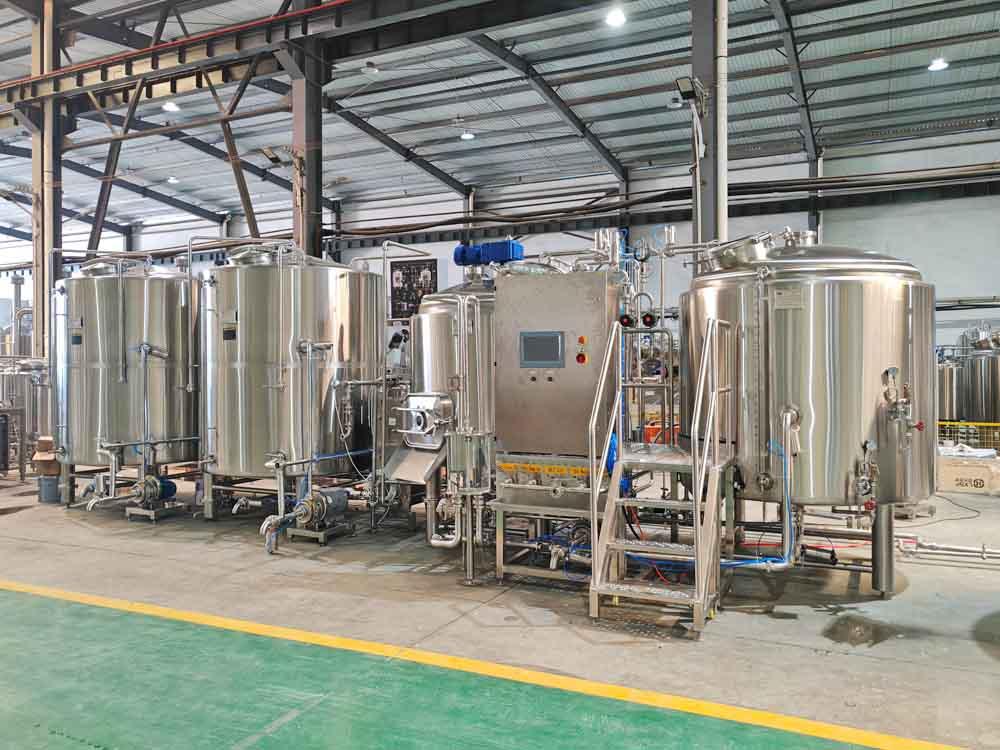Why is the distillation equipment made of copper?
- Jun 21, 2023
- 62
- tiantai
Distillation equipment is often made of copper for several reasons:
Thermal Conductivity: Copper has excellent thermal conductivity, which means it can efficiently transfer heat throughout the equipment. In distillation, heat is applied to the liquid mixture to vaporize the components, and then the vapor is condensed to obtain purified liquids. The high thermal conductivity of copper allows for faster and more efficient heat transfer, leading to improved distillation performance.
Corrosion Resistance: Copper is highly resistant to corrosion, especially in the presence of water and various organic compounds commonly found in distillation processes. This resistance to corrosion ensures that the equipment remains durable and long-lasting, even when exposed to corrosive substances over extended periods.
Malleability and Ductility: Copper is a soft and malleable metal, which makes it easy to shape and form into various intricate designs required for distillation equipment. It can be easily soldered or welded to create tight and reliable joints, ensuring that the apparatus is well-sealed and leak-proof.
Catalytic Properties: Copper possesses catalytic properties that can aid certain chemical reactions during the distillation process. These catalytic properties can enhance the breakdown or conversion of specific components, leading to improved separation and purification of the liquid mixture.

Thermal Conductivity: Copper has excellent thermal conductivity, which means it can efficiently transfer heat throughout the equipment. In distillation, heat is applied to the liquid mixture to vaporize the components, and then the vapor is condensed to obtain purified liquids. The high thermal conductivity of copper allows for faster and more efficient heat transfer, leading to improved distillation performance.
Corrosion Resistance: Copper is highly resistant to corrosion, especially in the presence of water and various organic compounds commonly found in distillation processes. This resistance to corrosion ensures that the equipment remains durable and long-lasting, even when exposed to corrosive substances over extended periods.
Malleability and Ductility: Copper is a soft and malleable metal, which makes it easy to shape and form into various intricate designs required for distillation equipment. It can be easily soldered or welded to create tight and reliable joints, ensuring that the apparatus is well-sealed and leak-proof.
Catalytic Properties: Copper possesses catalytic properties that can aid certain chemical reactions during the distillation process. These catalytic properties can enhance the breakdown or conversion of specific components, leading to improved separation and purification of the liquid mixture.





